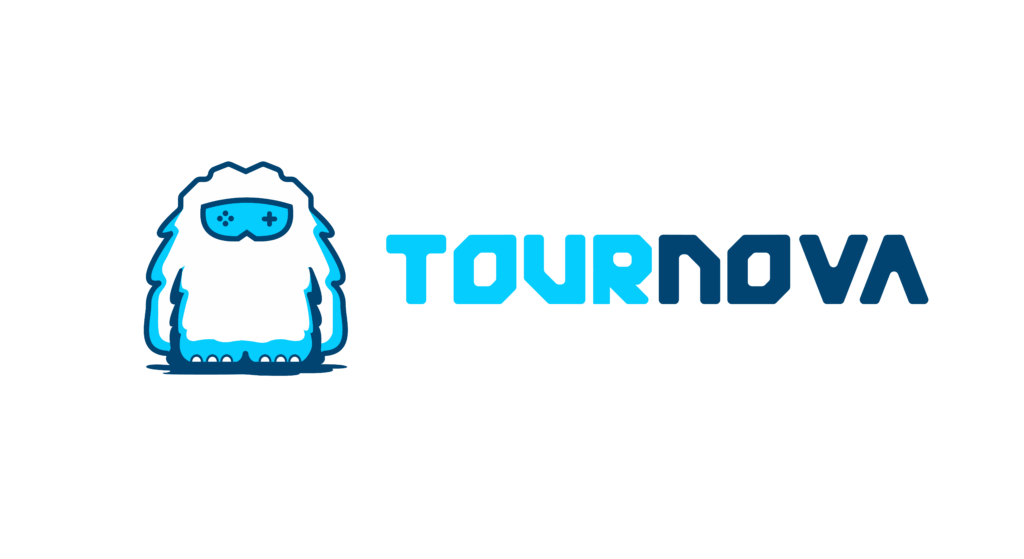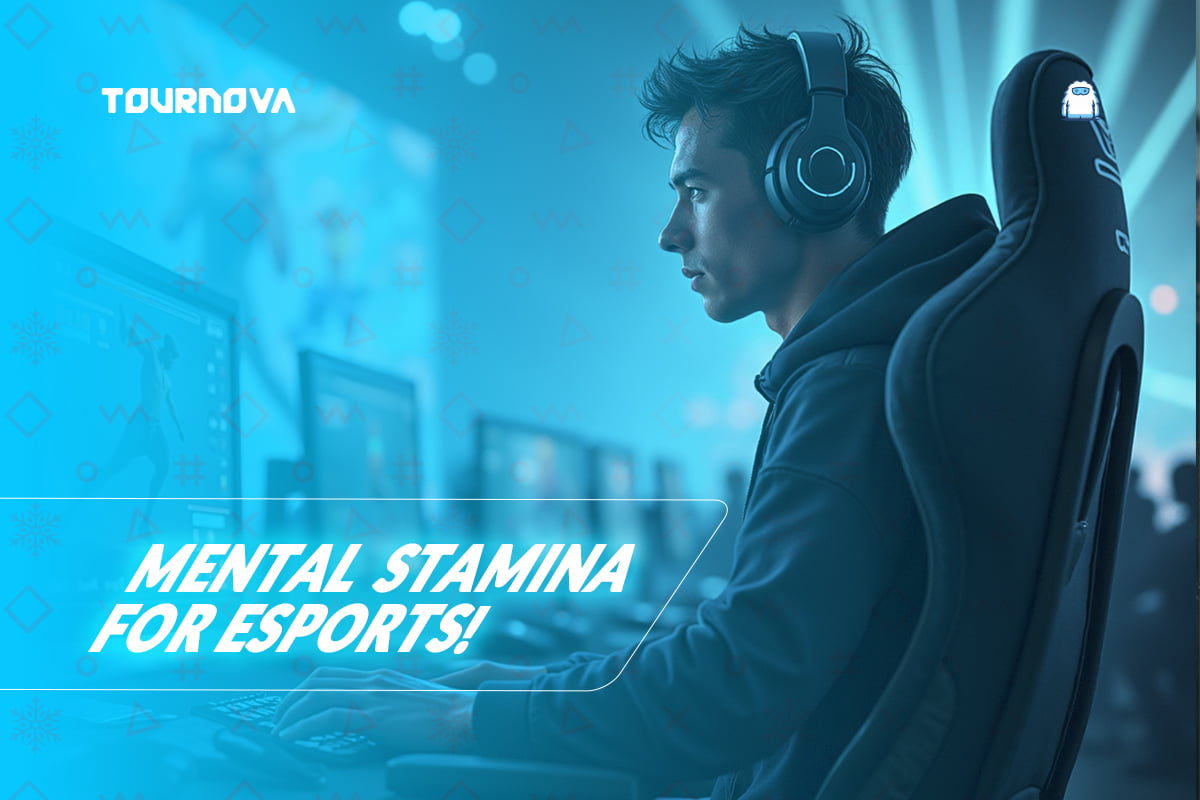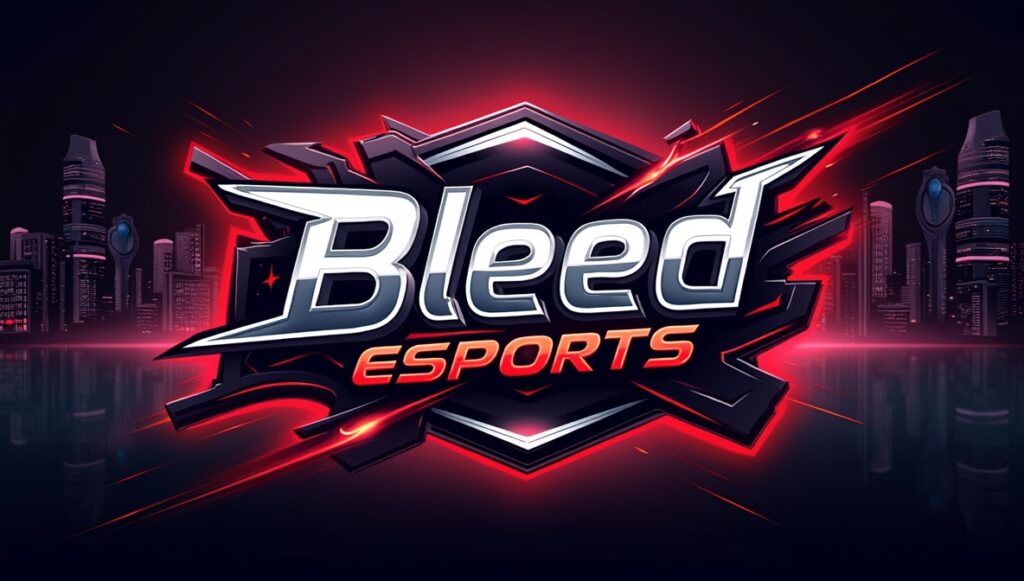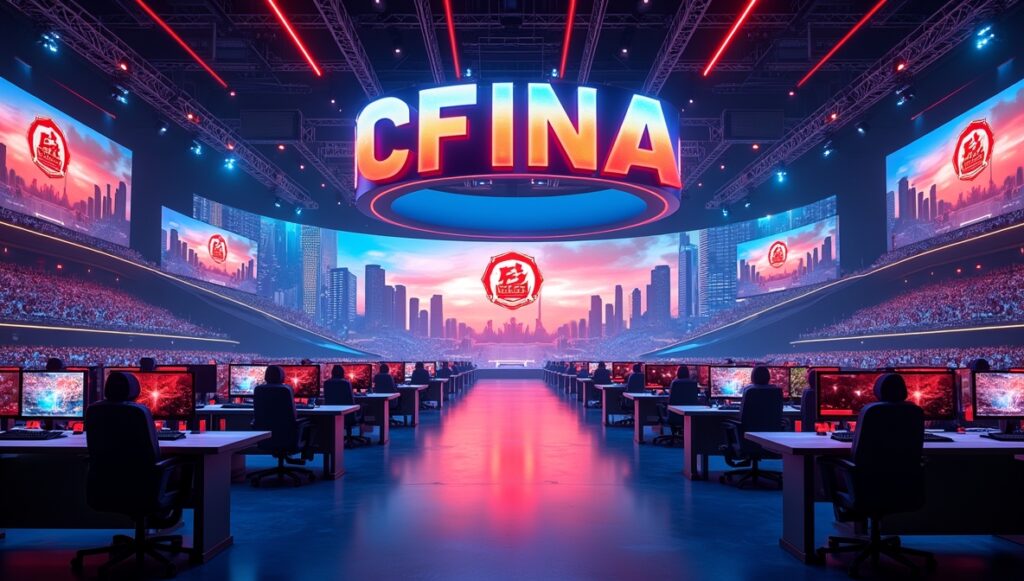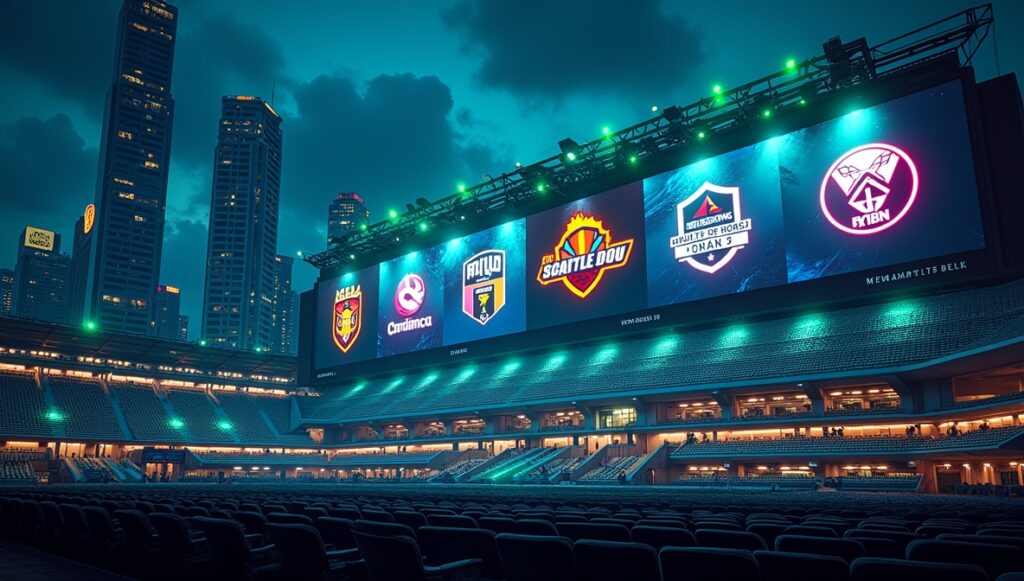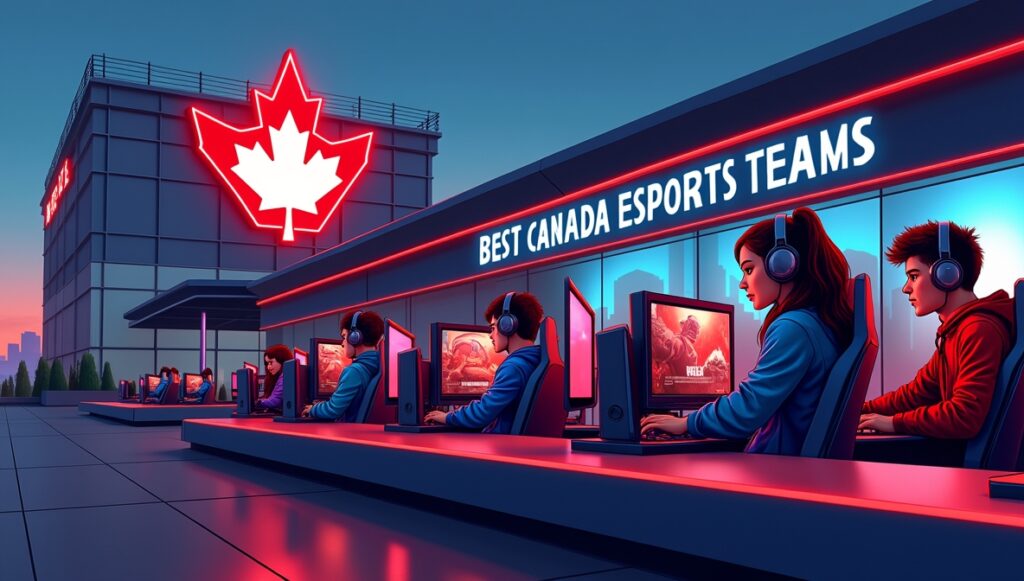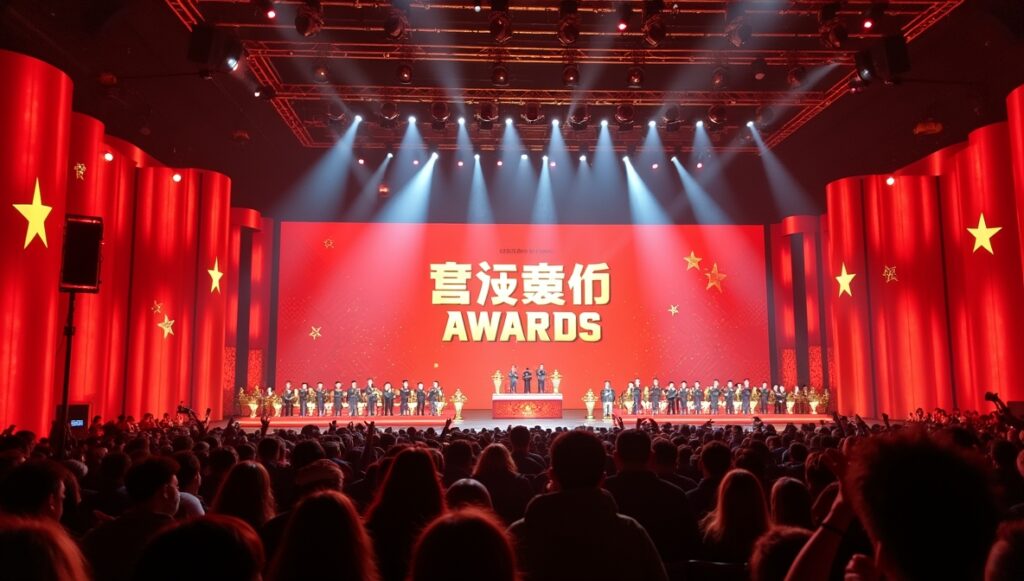There’s a moment every esports fan remembers when the impossible happens—when a player’s ice-cold nerves outshine even their fastest reflexes. We all cheered when Daigo parried every single one of Justin Wong’s attacks at Evo 2004, not because it was “just quick hands,” but because it showed the insane mental stamina that esports pros have. We get chills thinking about it, honestly. It turns out, the real magic in competitive gaming isn’t always what happens on the screen, but what happens in the mind. Whether we’re climbing the ladder in our favorite online shooter or watching the pros on the main stage, it’s clear: mental stamina for esports is the secret weapon few talk about, yet it’s what separates legends from the rest.
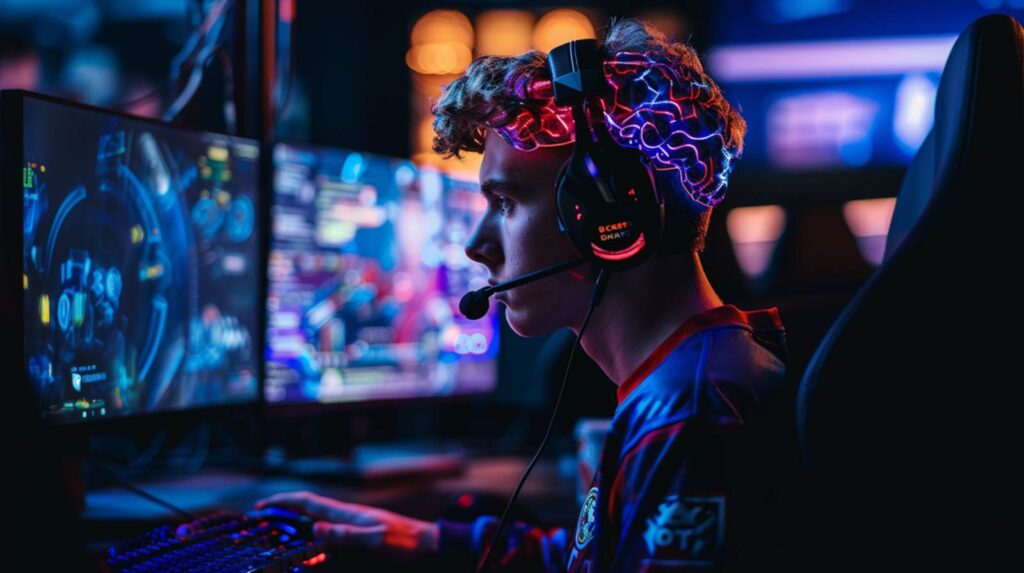
Mental Stamina for Esports: The Heartbeat of Competitive Gaming
Contrary to the popular belief that esports is all about lightning-fast mouse clicks or perfect headshots, most victories (and epic comebacks) are born from a different kind of skill. Think about those fiercely contested matches where the clock hits zero, and everything comes down to a single decision—this is when mental stamina becomes visible, and almost tangible, to every viewer and player alike.
We’re not just talking about avoiding tilt or ignoring distractions. We mean holding steady under pressure, thinking three moves ahead when your team’s relying on you, and pushing through fatigue after hours of intense matches.
1. Defining Mental Stamina in Esports
Let’s break it down. In our gaming world, mental stamina is the ability to stay calm, focused, and in control (even when chaos erupts).
It’s about endurance—maintaining clarity of thought and reacting decisively for hours on end. Think marathon runner, but with a keyboard or controller. The core pillars? Focus, emotional regulation, split-second decision-making, and resisting exhaustion. This isn’t just “not getting tired”—it’s overcoming stress, bouncing back after setbacks, and performing when everything’s on the line.
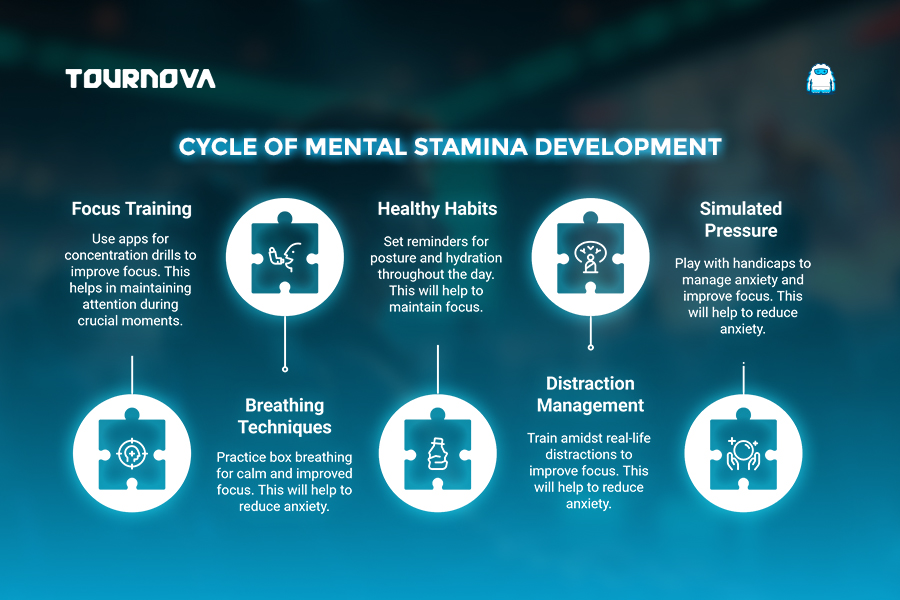
We see this same kind of grit in physical sports, too—last-minute free throws, overtime penalty shots—it’s thriving in high-pressure moments that set champions apart, highlighting the universal importance of mental stamina for esports and traditional sports alike.
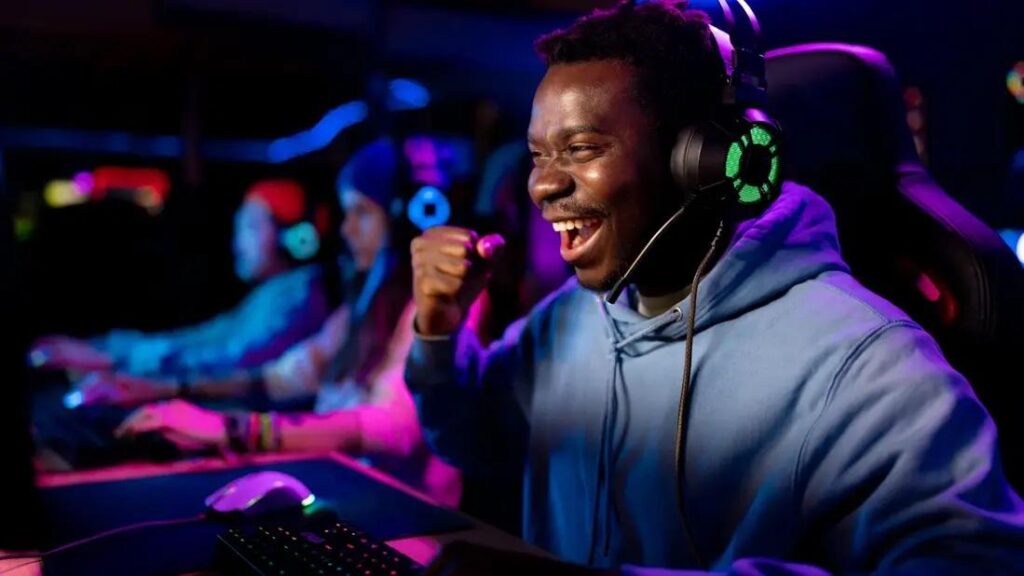
2. Why Mental Stamina Is the Key to Consistent Performance
Anyone who’s watched a best-of-five series at a major event knows this: mechanics matter, but stamina wins tournaments.
League of Legends Worlds 2016—SKT vs. ROX Tigers. The insane mental resilience from SKT, having to adapt strategies mid-series, made the difference as much as their mechanical outplays.
Mental stamina’s real magic is consistency. Top-tier players like s1mple (CS2) or Faker (LoL) don’t just pull out big plays—they keep their mental edge match after match, patch after patch. The ability to recover from mistakes, ignore salty chat, and analyze a loss instead of stewing in it defines the best.
Time and again, we’ve seen underdog teams upset giants not with flashier skills, but with cooler heads and sharper minds.
3. Training the Mind: How Pro Gamers Build Mental Endurance
Surprisingly, developing mental stamina isn’t as mysterious as it sounds.
Pro teams incorporate mental fitness into their daily routines, just like scrims or aim training, recognizing the crucial role of mental stamina for esports. Take G2’s famous stress training sessions, or interviews with Astralis’s Nicolai “dev1ce” Reedtz, who credits mindfulness and daily reflection for his mental toughness.
We’ve seen players use guided meditation apps before big matches, stick to strict sleep and nutrition routines, and consult with esports psychologists. Even short breaks, hydration, and having a structured schedule can boost attention and reduce burnout.
Quoting Team Liquid’s performance coach: “You can’t win games on tilt. We treat the mind as your most important piece of kit.”
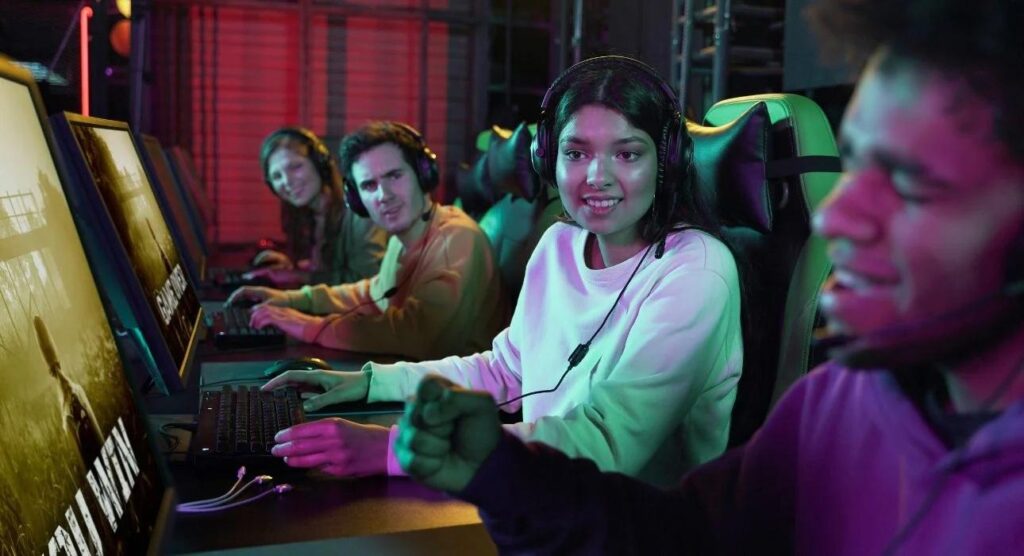
4. Best Drills and Techniques for Developing Mental Stamina
So, how do we level up our own mental endurance?
Go-to drills from the pros and sports psychologists:
- Visualization: Before a ranked grind, take five minutes to imagine tough match scenarios and yourself overcoming them.
- Focus Training: Apps like Aim Lab or Lumosity have specialized concentration drills.
- Breathing Techniques: Try “box breathing”—inhale for 4, hold for 4, exhale for 4, hold for 4. Repeat during breaks.
- Simulated Pressure: Set up custom matches with weird handicaps or play clutch scenarios to practice feeling anxious, then work through it.
- Distraction Management: Train in real-life distractions (music, chatter), then refocus. This helps for on-stage or stream play.
Even just setting phone reminders to check posture, hydrate, or stand up for a stretch helps establish healthy, stamina-building habits that contribute significantly to mental stamina for esports performance.
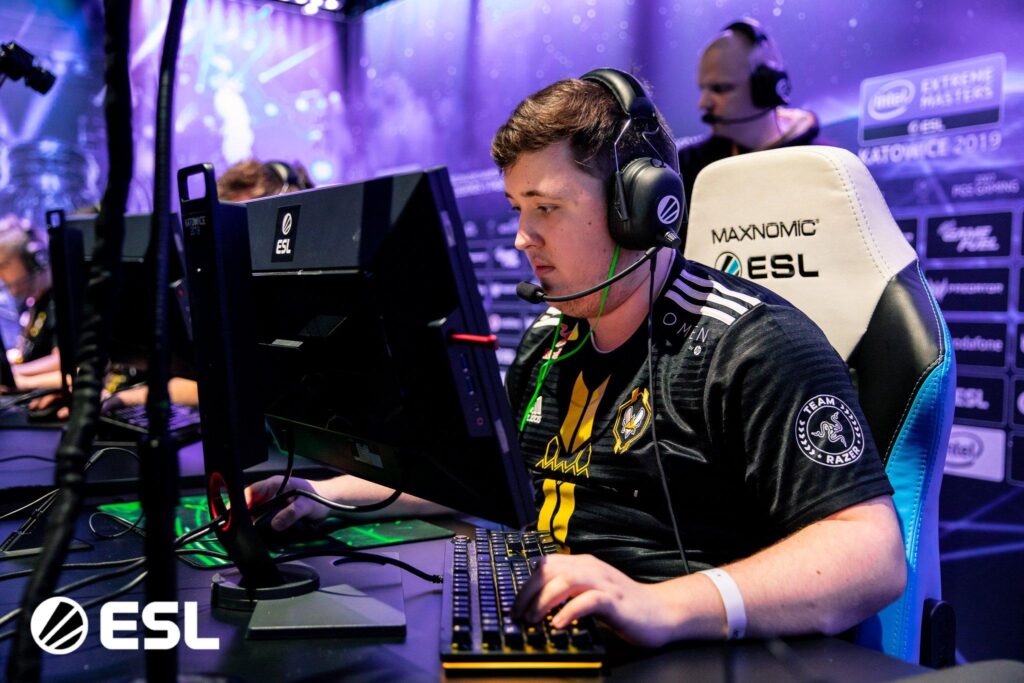
5. Common Mental Challenges in Esports and How to Overcome Them
No one’s immune to the shadow side of gaming—tilt, anxiety, burnout, even impostor syndrome, can wreck performances.
Classic traps and quick fixes:
– Tilt: Recognize it early—take a five-minute walk, breathe, and reset.
– Burnout: Schedule days off. Yes, even if you feel “fine,” your mind needs time away as much as your hands do.
– Performance Anxiety: Build a pre-match ritual. Tops like ZywOo (CS2) listen to calming music before matches; you could try a favorite playlist or mantra.
– Stress: Use evidence-based methods like mindfulness, progressive muscle relaxation, or even short social breaks to reset the brain.
Research in gaming psychology highlights that burnout is just as real here as in any pro sport, so managing stress is mission-critical for the long haul.
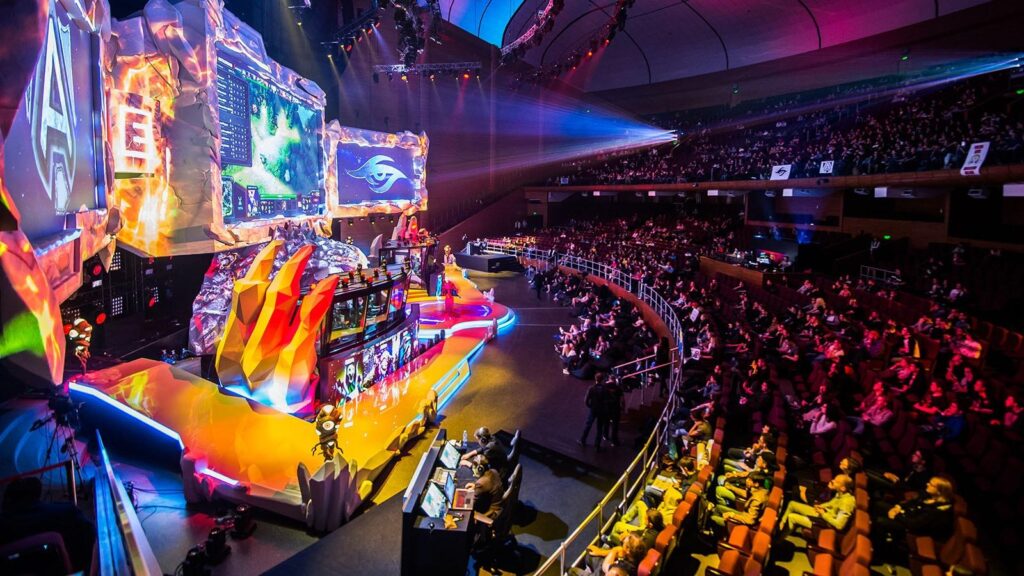
6. The Science Behind Mental Stamina in Competitive Gaming
There’s actual brain science backing these techniques.
Recent studies at the University of Chichester found that pro esports players make hundreds of decisions per minute, taxing cognitive resources similarly to top athletes.
Sleep, nutrition, and regular “brain exercise” all improve neurotransmitter health, supporting attention and emotional regulation.
Experts note that the same pathways used to master physical routines underpin both reaction time and mental strategy, so practicing mental skills rewires the brain, boosts memory, and raises “clutch” potential, all contributing to enhanced mental stamina for esports.
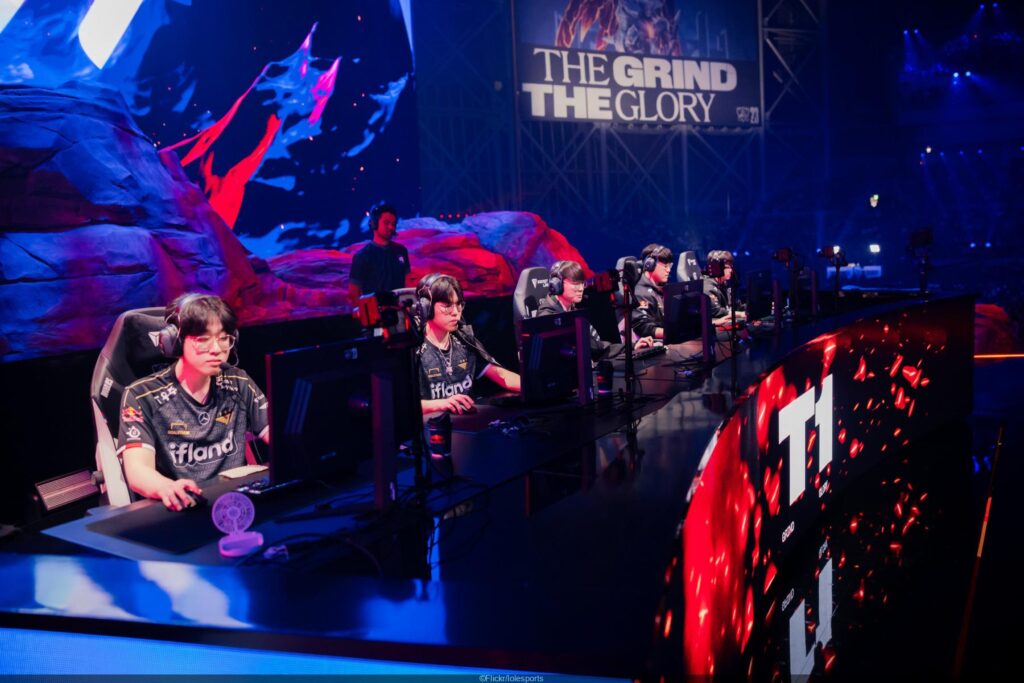
7. Profiles in Endurance: Esports Pros Known for Their Mental Toughness
We’ve all seen the legends keep it cool when the world is on fire.
When Mind Over Matter Wins Championships:
– Faker (League of Legends): Famous for his unflappable calm—his quoted mantra: “Win or lose, don’t show emotion. Focus on the next play.”
– s1mple (CS2): Overcame years of “choker” accusations, now delivers under pressure season after season.
– Scarlett (StarCraft II): Renowned for brilliant comebacks after brutal upsets, citing mental routines as the secret.
These “profiles in endurance” remind us that experience, willingness to self-reflect, and daily mental work make miracle runs possible.
8. What’s Next for Mental Stamina Training in Esports?
The future’s bright (and a bit science-fiction, honestly).
Teams are already experimenting with neurofeedback devices, VR stress tests, and biofeedback wearables. Organizations like T1 and OG have full-time sports psychologists; more tournaments—even collegiate and amateur—are adding mental wellness workshops.
With companies like MindCheck, Aim Lab, and Sense Arena investing in gamer mental health tools, it won’t be long before we see player “mind gyms” alongside traditional bootcamps.
We’re excited to see this evolution because, as every gamer knows, staying at the top is always about finding new ways to get stronger—both mentally and mechanically, emphasizing the dual importance of skill and mental stamina for esports excellence.
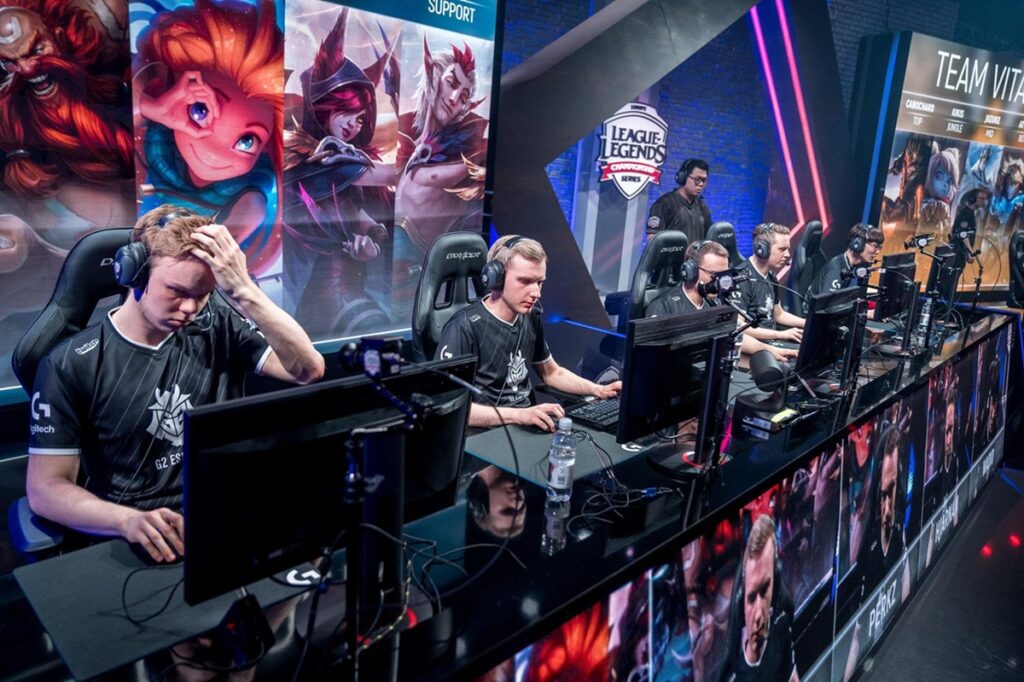
Staying Power: Where Tournaments Meet Tenacity with Tournova
The article’s deep dive into the mental fortitude required for elite gaming highlights that true champions aren’t just skilled—they’re resilient under pressure and adaptable across tough competitive brackets. Tournova’s services give aspiring competitors and organizers the structure they need to put their mental stamina to the test. By streamlining bracket management, match scheduling, and fair progression for participants, Tournova enables communities and players to focus on their gameplay, preparation, and psychological endurance, rather than getting bogged down in logistics.
In every local event or online bracket, the platform’s easy-to-use features create a reliable, fair, and motivating environment—mirroring the organized, competitive spaces where mental toughness is forged. Whether you’re hosting a tense weekend tournament or chasing your own clutch moments, Tournova provides the backbone for continuous play and growth, letting mental stamina shine as much as mechanical skill.
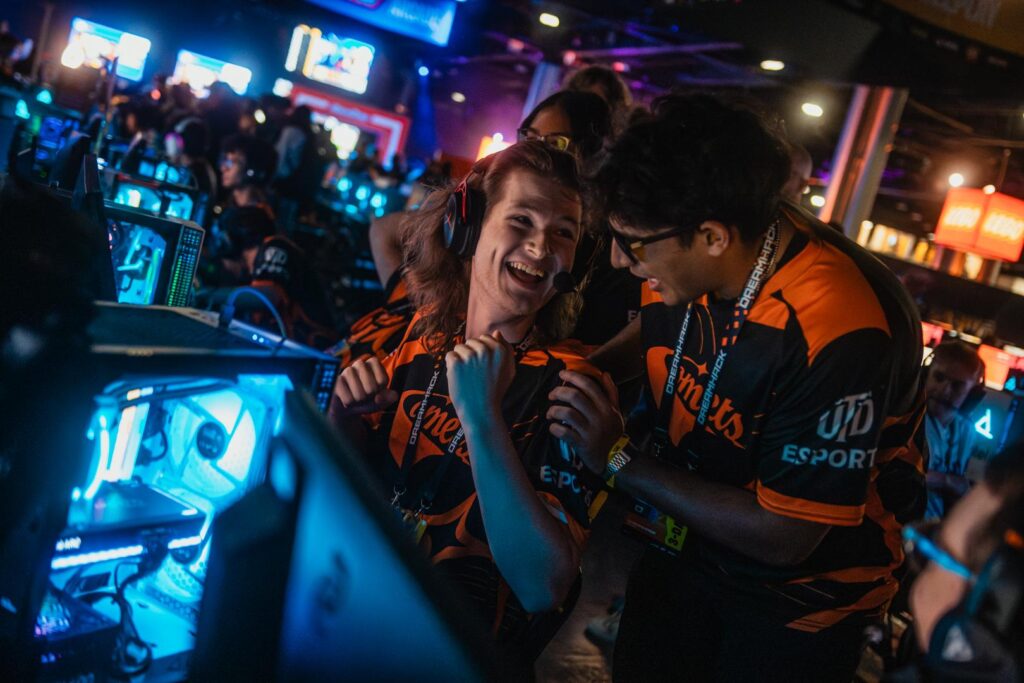
Final Words: Mind over Mechanics—The Esports Meta’s Next Frontier
At the end of the day, practicing your flick shots means little if your head isn’t in the game. Every clutch play we’ve witnessed, every reverse sweep or perfect comeback, echoes one lesson: mental stamina for esports isn’t just a bonus—it’s everything. If you want to climb the ladder, lead your squad, or just have more fun, don’t neglect your mind. Let’s all take inspiration from the greats—set a small goal this week: try one mental stamina drill, read an article by a sports psych, or share your own methods with the community. We’re all in this quest for greatness together, and the strongest weapon in your arsenal might just be invisible. Let’s play strong—not just with fast hands, but with unbreakable minds, recognizing that true mastery in esports requires both mechanical skill and exceptional mental stamina for esports.
Read the hottest in-depth Esports Guides on Tournova.
Frequently Asked Questions
1. Can mental stamina be improved at any age for esports, or is it only for young players?
Absolutely! Mental endurance training benefits players of all ages. Just like with physical fitness, anyone can build and maintain mental stamina with practice, regardless of experience or age.
2. How can gaming parents support their kids’ mental stamina development?
Encourage balanced schedules, healthy sleep, physical activity, and open conversations about stress and emotions. Parents can also explore mindfulness apps and positive pre-game routines with their kids.
3. Are there any warning signs that your mental stamina is running low?
Common indicators include irritability, trouble focusing, increased mistakes, negative self-talk, and avoiding games you used to enjoy. Noticing these early can help with timely rest and recovery.
4. Is solo mental stamina training effective, or do you need a team or coach?
You can absolutely train your mental stamina solo with consistency and the right resources. However, having teammates or a coach for support can amplify progress and accountability.
Resources:
– [Healthy Gamer](https://www.healthygamer.gg/) (gaming-focused mental health)
– [Aim Lab](https://aimlab.gg/) (focus training)
– [Headspace](https://www.headspace.com/) (mindfulness & meditation)
